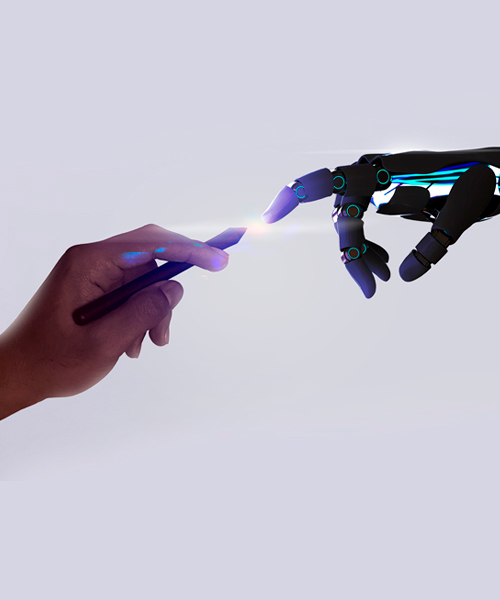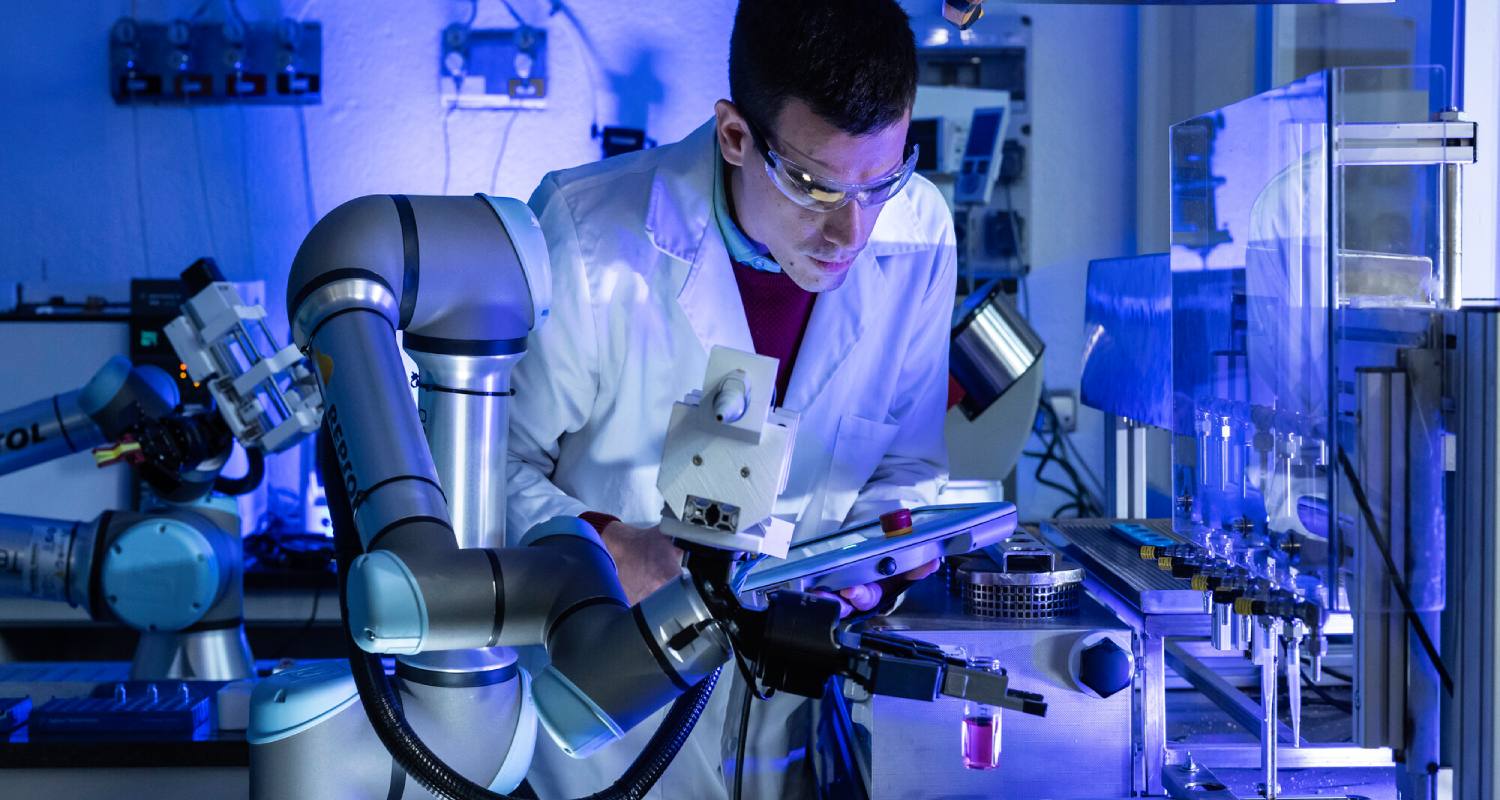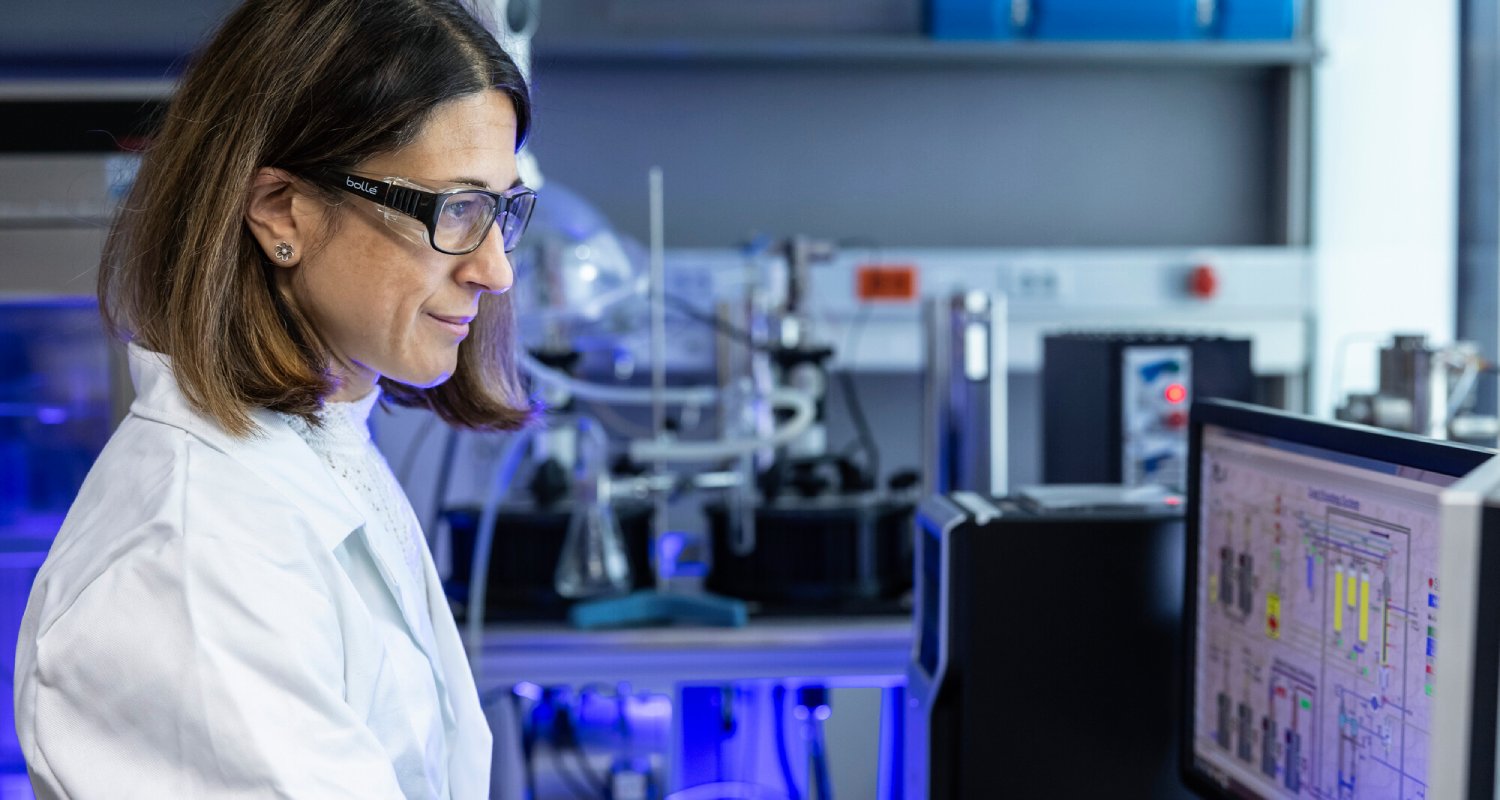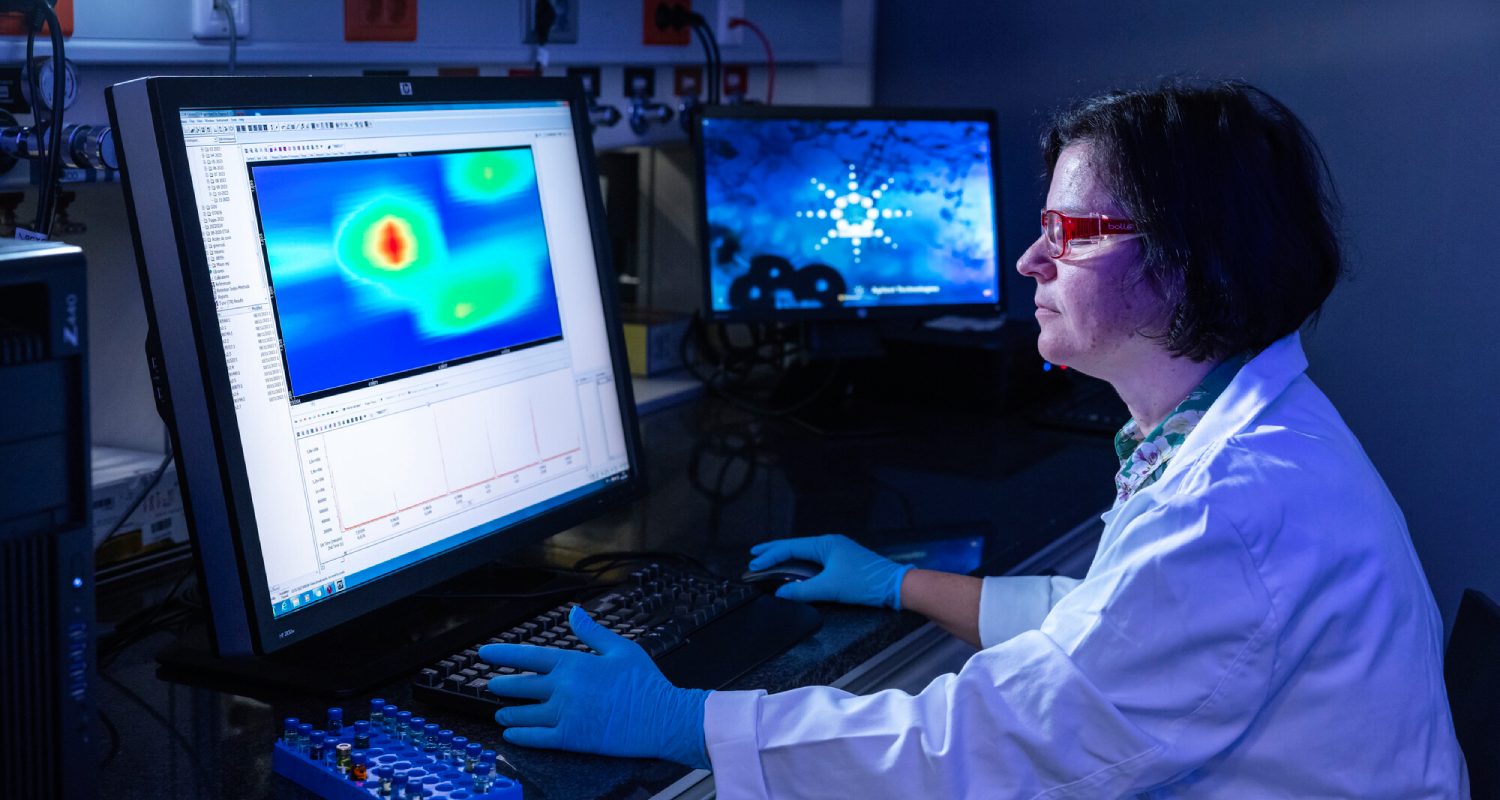
Beyond the limits of science
Beyond the limits of science
Quantum computing
Quantum computing
With only a few thousand quantum scientists and engineers in the world, the lack of professionals could be an obstacle for the growth of this technology, but also an opportunity for young people with great curiosity
Based on a novel by the visionary Philip K. Dick, in Minority Report Steven Spielberg proposed a dystopia in which technology made it possible to solve and prevent crimes before they were committed. The time paradoxes, metaverses, and computational capabilities with which writer and filmmaker flirted are now moving from science fiction to reality thanks to the advance of quantum physics applied to computers.
Considered by some scientists as the great technological revolution of this century, quantum computing may break the limits of science and industry in the coming decades. In addition, it may become a source of employment for thousands of young people currently studying physics, mathematics, or various branches of engineering in Spain and around the world.
Its main advantage is that it has a calculation and processing capacity infinitely superior to traditional computing, which will allow it to handle individual atoms, electrons, or photons. This will make it possible to solve problems until now unsolvable for humans and to perform experiments that are currently out of our reach, such as simulating a molecule in the brain or predicting the properties of a protein composed of thousands of atoms.
Spain, a powerhouse in quantum computing
Spain, a powerhouse in quantum computing
All the large powers, Spain included, are investing billions of euros in the promotion of this technology that promises to transform the world.
- Quantum Spain: initiative from the Ministry of Economy that wants to enhance the national quantum ecosystem and its combination with another of the large disruptive technologies: Artificial Intelligence. The aim is to install the first public-use quantum computer in the south of Europe at another of the references in the field in Spain, the National Supercomputing Center.
- CUCO: it's one of the largest national commitments in which the Spanish government, private companies, research centers, and universities are taking part to develop quantum computing algorithms that give competitive advantages to the country, such as increasing the reduction rate of CO2 emissions.
New possibilities are currently being developed and more and more multidisciplinary profiles are needed. In a short space of time, quantum computing will most likely be available in practically any academic discipline."

Towards never-before-seen breakthroughs
Towards never-before-seen breakthroughs
Although quantum computing is still in a development phase, McKinsey & Company estimates that this technology could reach a value of between 620 billion and 1,270 billion dollars in the chemicals, finance, sciences, and automotive sectors by 2035.
It will also play a standout role in the energy transition, which can find in quantum an ideal driver to optimize the generation and storage of renewable energies. "Quantum computing can accelerate the energy transition, we can apply new molecules, or design new catalysts that allow us to obtain renewable hydrogen, I'm not going to say free but much cheaper," this Repsol physicist explains. To these advantages you would have to add the greater energy efficiency of quantum computers, "by being able to solve in just a few hours problems that today's best supercomputers would take thousands of years to solve."
A multidisciplinary sector
A multidisciplinary sector
Today, quantum computing is a field mostly reserved for physicists or people with related backgrounds such as mathematics or chemistry, "new possibilities are currently being developed and more and more multidisciplinary profiles are needed," explains Ricardo Enriquez. "In a short space of time, quantum computing will most likely be available in practically any academic discipline."



"Many different disciplines are grouped around quantum. We ourselves have telecommunications engineers, electronic engineers, mechanical engineers, chemists and, of course, physicists," says Alicia Gómez, a physicist working at the National Institute of Aerospace Technology (INTA) of the Spanish National Research Council (CSIC). "Any discipline related to quantum has a high labor demand. In Spain, a large part of the work is focused on software," says Alicia, whose work consists of developing superconducting chips for quantum computers.
"On the one hand, a workforce is starting to be created that knows how to program algorithms without necessarily knowing the basics of quantum mechanics in depth," explains Daniel Granados, a researcher at the IMDEA Nanociencia, on the current demand for engineers or programmers. "On the other hand, there is a need for people with a very strong scientific and mathematical background who are capable of developing the future of the quantum computer," he adds. "Although in the medium term, with the integration of quantum computing and Artificial Intelligence, there will be development opportunities for many different backgrounds."
Work at Repsol
Join a talented team and find your opportunity to train and develop as a professional.
Kids will speak quantum
Kids will speak quantum
Scientists agree on the importance of training the new generations in concepts that will be as basic in their future as the use of tablets, cell phones, or computers is now for the digital generations.
Apart from academic training, experts agree when defining the profile of a person who wants to enter the exciting and complex world of quantum computing: "Appropriate training is a basic ingredient, but of course you need curiosity, a thirst for knowledge, passion, and neuronal plasticity. We need a great ability to move from one problem to another in different fields and at different levels. For that, our neurons have to be plastic, deformable, like a liquid," explains Enriquez, who says he is very much like what he wanted to be when he was a child, when he devoured Carl Sagan's Cosmos documentaries with early scientific curiosity.
You may be interested in
You may be interested in

Internet of things
Discover all about the IOT, the connection of everyday objects to the Internet to communicate with each other and with us.

Data Driven
Data Driven is the way of making decisions based on the analysis and interpretation of data. Do you want to know more?

Generative AI
What it is, advantages, examples, and our projects. We show you all about generative AI.
Updated as of October 2025.


